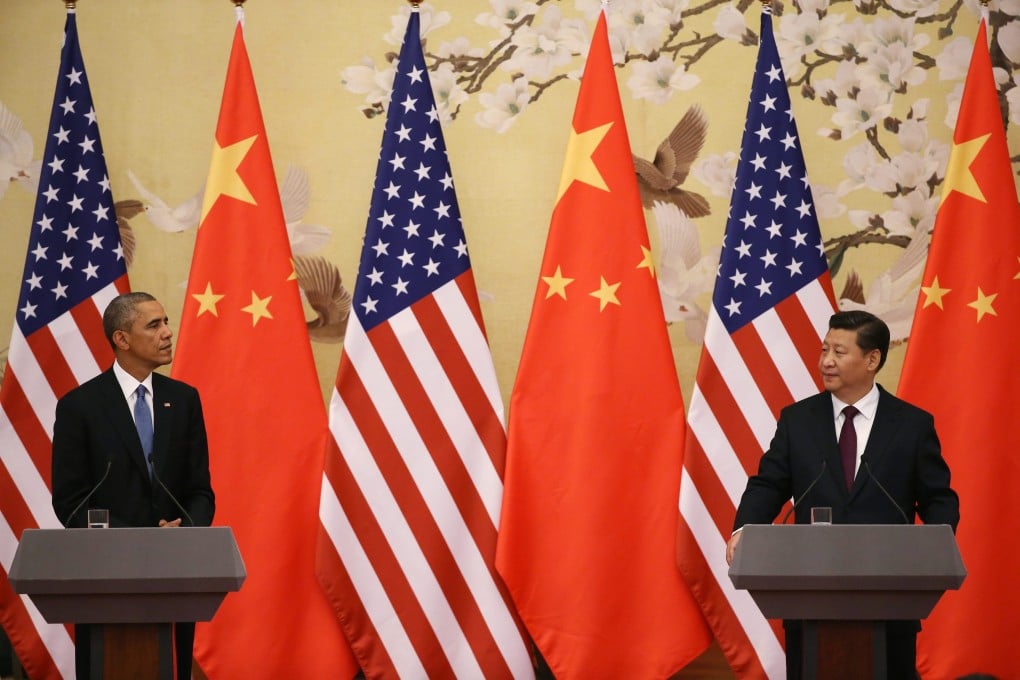New | Apec to turn focus to income inequality, inclusive trade
“We are seeing increasing inequalities in a range of quite different economies" - Apec secretariat executive director Alan Bollard

Emerging market economies will be driving the global trade talk agenda in Apec through 2020 and the group must tackle a widening gap in incomes and try to restore the faith of people that trade will bolster prosperity in the region, Apec secretariat executive director Alan Bollard said in an interview with the South China Morning Post.
“We are seeing increasing inequalities in a range of quite different economies – while economies are getting closer together in terms of their wealth and income, people within economies are getting further apart, and some are losing faith in the idea of growth because they are not getting it,” Bollard said, referring to the scenario sketched out by economist French Thomas Piketty.
The agenda will be driven by the hosts of the next Apec meetings and that will be significant in driving the agenda of smaller countries, he said. After the Philippines, the chair will go to Peru, Vietnam, Papua New Guinea, Chile, Malaysia, New Zealand and Thailand.
Apec accounts for nearly half of world trade and approximately 57 per cent of global GDP. Its members include countries such as the US and China, the world’s two biggest economies, and developing nations such as Papua New Guinea and middle income countries like Malaysia, Thailand and Indonesia among others.
From January 28 and for the next 11 days, some 1,700 Apec officials and technical experts will be meeting at the former US military bases of Clark and Subic north of the Philippine capital of Manila to discuss the initiative of creating “inclusive economies.”
“A ‘new normal’ has set in for Asia-Pacific economies,” explained Bollard in a statement ahead of the meeting in the Philippines. “The region continues to power much of the world’s growth but it is falling short of what we have seen in the past and, alarmingly, opening up gross discrepancies in economic engagement and wealth accumulation that jeopardize the underlying health and competitiveness of economies—both developed and developing alike.”
The officials will also hear policy recommendations generated by senior private sector executives from the Apec Business Advisory Council, known as Abac, who will be having their own meetings in Hong Kong.